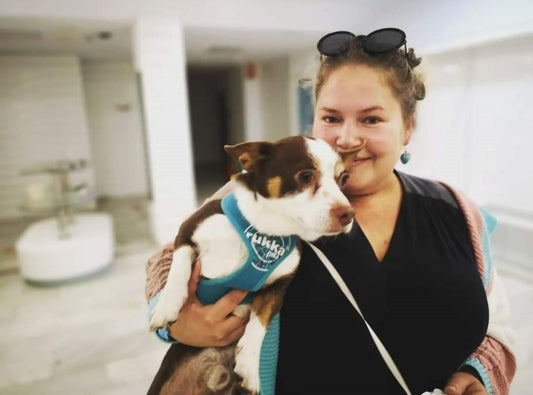
Pine Processionary Caterpillars
The processionary caterpillar is mostly found in wooded forests and can be identified by the thousands of small fine poisonous hairs or bristles that cover their bodies.
They’re found mostly in the Mediterranean region of southern Spain. The caterpillars are not exclusive to wooded areas, as they can also be found in pines that have been placed in communal or private gardens, at the golf course or by the roadside.
The caterpillars are 3-4cm in length and are usually an orange and brown colour.

The name ‘processionary’ comes from the fact that they create a procession or caterpillar style ‘conga’ from head to tail to form a long chain. It is not unheard of to see chains with hundreds of them all joined together.
The caterpillars are not only extremely toxic and therefore dangerous to anyone who comes into contact with them, they are also responsible for the destruction of the pine trees they inhabit.
Their nests are like tents and are usually found high up in the pine trees. The larvae (caterpillar) are considered to be real forest pests and will frequently come out at night and feed on the pine’s leaves.
When the larvae are ready to pupate between late winter, and early spring, they will march single file down the tree to the ground where they disperse looking for somewhere to continue their life cycle, often burrowing just below the surface.

What to Do if Your Pet Comes Into Contact With Them
If a dog or other pet comes into contact with processionary caterpillars, they may have small white spots around their mouth or on their tongue.
As the rash develops, this can lead to drooling and may cause your pet to become distressed. The tongue may also swell and lead to vomiting and potential suffocation.
If you believe your pet has come into contact with them, you should wash their mouth with warm water. It is advisable to wear gloves so you also do not get infected. It is then essential that you take them to a vet immediately. Do not delay!
The vet will most likely administer a fast-acting cortisone injection to reduce the swelling and irritation. They may be kept overnight for observation.
Origin:
HEALTHPLAN MAGAZINE
Published: 26 October 2020 12:02 CETUpdated: 22 June 2022 12:02 CET








